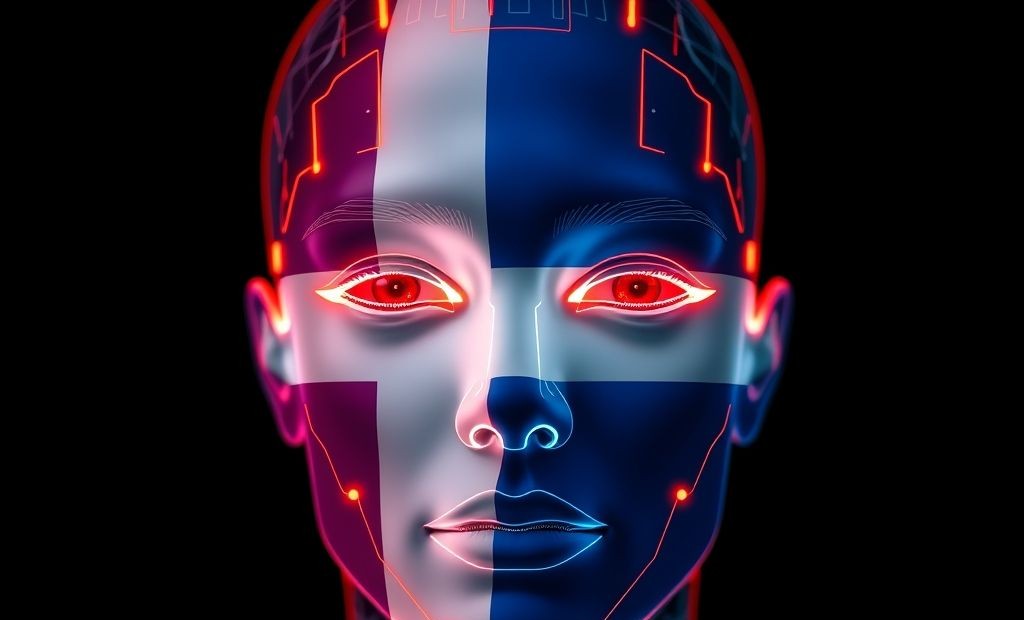Denmark Tackles Deepfakes: Copyright Your Own Features

Denmark Tackles Deepfakes with New Copyright Law Denmark is taking a proactive stance against deepfakes by enabling individuals to copyright their own unique features. This...
⏱️ Estimated reading time: 2 min
Latest News
Denmark Tackles Deepfakes with New Copyright Law
Denmark is taking a proactive stance against deepfakes by enabling individuals to copyright their own unique features. This groundbreaking legislation aims to protect people from the unauthorized and potentially malicious use of their likeness in digitally altered content. The move underscores a growing global concern about the ethical and legal implications of rapidly advancing AI technologies.
Copyrighting Your Digital Identity
The new law allows Danish citizens to register their facial features, voice, and other distinguishing characteristics with a designated authority. This registration establishes a legal basis for preventing others from creating and distributing deepfakes that impersonate them. By effectively granting individuals ownership over their digital identities, Denmark seeks to deter the creation and spread of harmful deepfakes. This measure ensures that individuals have control over how their image is used in the digital realm, preventing misuse and potential defamation.
How the Law Works
Here’s a breakdown of how the new copyright law functions:
- Registration: Individuals can register their unique features (face, voice, etc.) with the designated authority.
- Legal Protection: Registered features receive copyright protection, preventing unauthorized use in deepfakes.
- Enforcement: Victims of deepfakes can pursue legal action against those who create and distribute unauthorized content.
Addressing the Deepfake Threat
Deepfakes pose a significant threat to individuals and society. They can be used to spread misinformation, damage reputations, and even influence political outcomes. By copyrighting personal features, Denmark empowers its citizens to combat these threats effectively. This innovative approach could serve as a model for other countries grappling with the challenges of deepfake technology. You can explore more about the implications of AI and deepfakes on platforms like OpenAI’s website, where they discuss the responsible development and deployment of AI technologies.
Potential Challenges and Considerations
While the Danish law represents a bold step forward, there are potential challenges to consider. One concern is the practical difficulty of enforcing copyright in the age of global internet distribution. Additionally, there may be concerns about the cost and accessibility of the registration process. It is crucial to address these challenges to ensure the law’s effectiveness and fairness. Ongoing discussions about AI ethics and legal frameworks, such as those available on the Electronic Frontier Foundation (EFF) website, highlight the complexities of navigating this evolving landscape.
Related Posts
Bluesky Enhances Moderation for Transparency, Better Tracking
Bluesky Updates Moderation Policies for Enhanced Transparency Bluesky, the decentralized social network aiming to compete...
December 11, 2025

Google Maps: Gemini Tips, EV Charger Predictions & More!
Google Maps Gets Smarter: Gemini Tips & EV Updates Google Maps is enhancing user experience...
December 9, 2025

US, UK, Australia Sanction Russian Web Host
Crackdown on Russian ‘Bulletproof’ Web Host The United States, United Kingdom, and Australia have jointly...
December 6, 2025











Leave a Reply